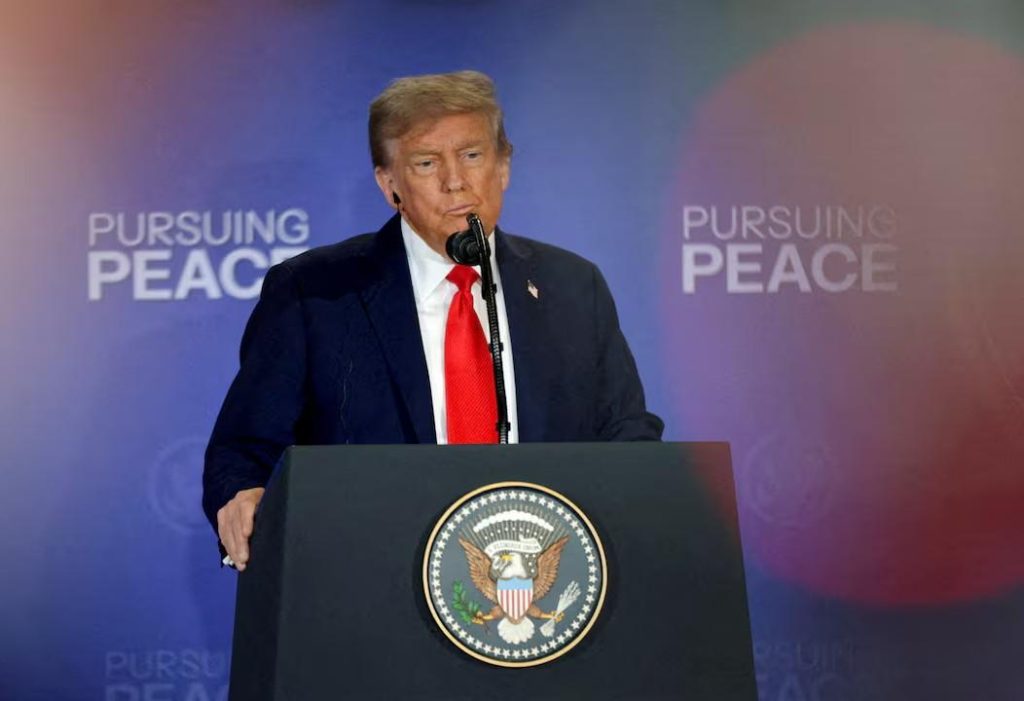
What did Trump say about tariffs on India after meeting Putin?
In a recent meeting between US President Donald Trump and Russian President Vladimir Putin, the two leaders discussed a potential ceasefire in the Russia-Ukraine war. While the meeting was focused on the conflict in Ukraine, it also led to discussions about tariffs on Russian oil buyers, including two of the world’s largest economies: India and China.
During a press conference following the meeting, Trump addressed the issue of tariffs on Russian oil buyers. According to reports, Trump stated that he might have to think about imposing tariffs on these countries in the next 2-3 weeks, but noted that he was not planning to take any immediate action.
When asked about the potential tariffs on India, Trump hinted that he might not have to impose secondary tariffs on the country. While the exact details of the tariffs were not specified, it is clear that the meeting between Trump and Putin had significant implications for the global economy, particularly for India and China, which are two of the largest buyers of Russian oil.
The meeting between Trump and Putin was seen as a significant development in the ongoing conflict between Russia and Ukraine. The two leaders have been engaged in a high-stakes game of diplomacy, with both sides seeking to gain an advantage in the conflict.
In recent months, tensions between Russia and Ukraine have escalated, with both sides exchanging blows in a conflict that has left hundreds of people dead and thousands more displaced. The meeting between Trump and Putin was seen as an opportunity for the two leaders to find a peaceful solution to the conflict, and to discuss other pressing issues, including tariffs on Russian oil buyers.
The issue of tariffs on Russian oil buyers is a sensitive one, particularly for India and China, which rely heavily on Russian oil to meet their energy needs. Both countries have been seeking to reduce their dependence on Russian oil, and have been exploring other options, including increasing their imports from other countries, such as the United States.
In recent months, India has been increasing its imports of US oil, and has also been exploring other options, including increasing its imports from other countries, such as Saudi Arabia. China, on the other hand, has been seeking to reduce its dependence on Russian oil, and has been exploring other options, including increasing its imports from other countries, such as Canada.
The meeting between Trump and Putin also highlighted the complex relationships between the United States, Russia, and other countries, including India and China. The three countries have a long history of economic and diplomatic ties, and have been working together on a range of issues, including trade and investment.
In recent years, the United States has imposed a range of sanctions on Russia, including sanctions on Russian oil companies, in response to Russia’s actions in Ukraine. The sanctions have had significant implications for the global economy, particularly for India and China, which rely heavily on Russian oil to meet their energy needs.
In conclusion, the meeting between Trump and Putin was a significant development in the ongoing conflict between Russia and Ukraine, and had significant implications for the global economy, particularly for India and China. While the exact details of the tariffs were not specified, it is clear that the meeting had significant implications for the global economy, and for the relationships between the United States, Russia, and other countries.
Sources:



